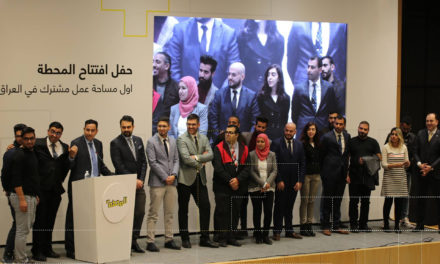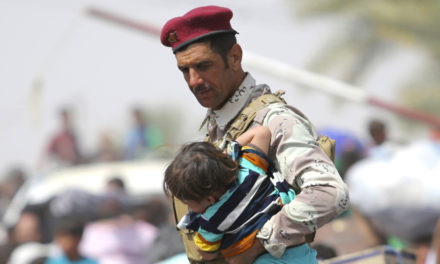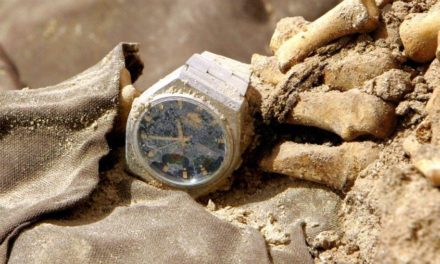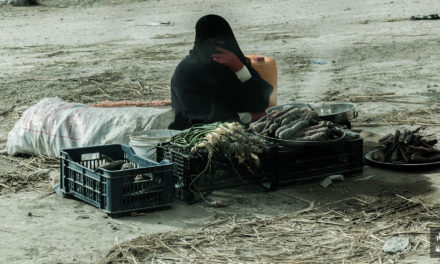Iraqi activists are currently fighting against a draft law, the ‘Law of Freedom of Expression, Gathering, and Peaceful Protest’, which contains a number of amendments which seek to severely restrict basic civil liberties. Activists from across the civil trend spectrum, including Madaniyoun, Mustamerroun, journalists, and students have engaged in protests, including in Baghdad’s Tahrir Square, which aim to derail the proposed legislation. While the protests have been small in scale, numbering only a few hundred participants, it seems that the linkages between activists and the Iraqi public sphere are proving effective in bringing pressure to bear on Iraq’s political establishment. Hussam al-Haj, a member of the secularist Madaniyoun activist group, has said that ‘I think that recently the general public interest in the legislative process indicates a growth in constitutional awareness and willingness to defend human rights… I sincerely believe that the protests have had an important effect in raising awareness amongst the people and motivating them to defend their rights.’
On the 13th July activists secured a partial victory when the Iraqi parliament postponed voting on the law until it can be amended, and entrusted this task to the committees of culture and media, human rights, and religious endowments. Activists are also concerned by a special report on amendments to the Information Crimes Law (passed in 2006) which included suggestions to restrict general freedoms on the internet. However, further pressure from activists has had discussions on this postponed.

Key provisions of the draft law on freedom expression and peaceful protest:
- Minimum 1-year prison sentence and 3-5 million dinar fine for those who are found guilty of abusing or ridiculing religious symbols or figures, or distorting religious texts. This amendment also includes prohibitions aimed at punishing the spread of propaganda inciting conflict, terrorism and sectarian or ethnic hatred.
- Public gatherings are to be limited to times after 10:00 PM in the evenings.
- Prohibits gatherings in state buildings, places of worship, universities, institutes, and school.
- Restrictions on the right to peaceful protest. Protesters required to obtain permission six days before the protest from the administrative authorities, these authorities would have the right to refuse to grant permission, which would then tie up the protest movements in the protracted administrative procedures of appeal
All this comes alongside recent controversy over attempts by the parliament to increase pay and privileges for some of its own members at a time of budget austerity. Proposals within the draft bill included raising: the entitlements for the Speaker and his two deputies to the same level as the Prime Minister and his; deputies in the Council of Representatives to be remunerated at an equivalent level to ministers; and deputies and their families to hold diplomatic passports for eight years after the end of their term in office. Such moves have been strongly objected to by activists and protesters forcing Speaker Salim al-Jabouri to issue a statement to the effect that the draft would need further amendment.
On the one hand, the Iraqi political class continues to act in reckless ways with apparently little concern for the interests of Iraqi citizens. Particularly worrying is the apparent trend towards a clamp down on the civic trend and public spaces for social and political action which have been important gains for Iraqis since 2003. On the hand, these recent controversies indicate the effective power of Iraqi civil society and the Iraqi public sphere to expose the political class to scrutiny and at least exert a break on some of its more damaging initiatives.

Wael Mazin
Wael Mazin is an Iraqi Journalist. He is a researcher in Iraqi political and security affairs and has published several articles in Arab and foreign websites. Mazin has worked for several Iraqi News organizations, most recently NRT Arabic.










